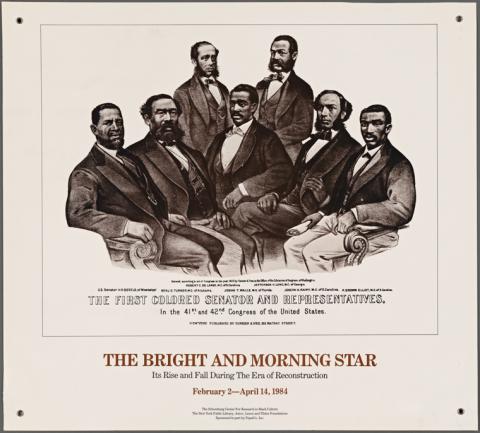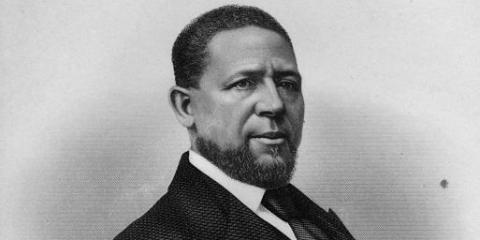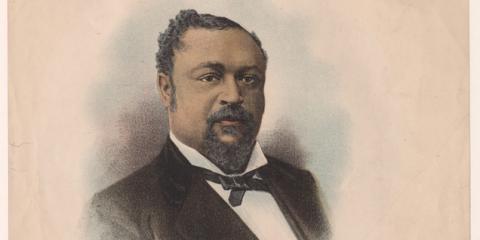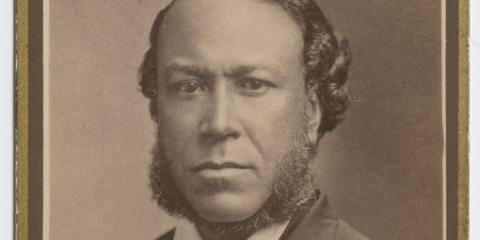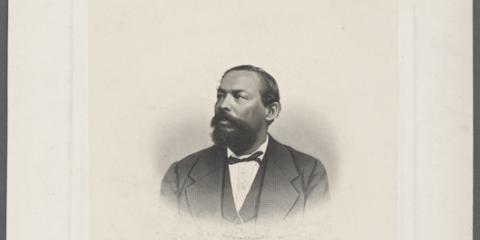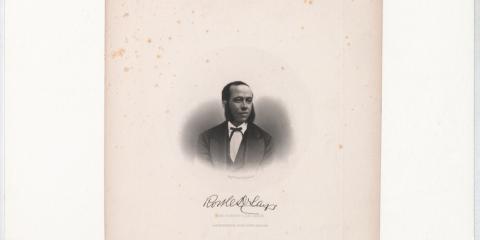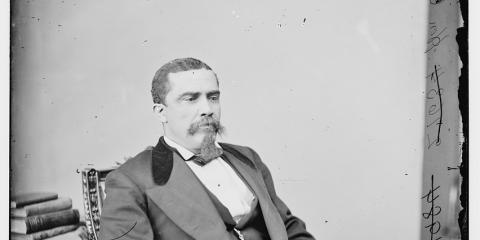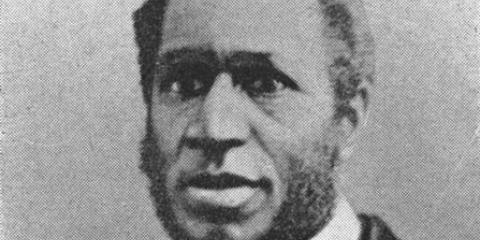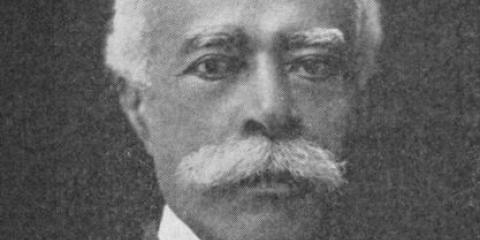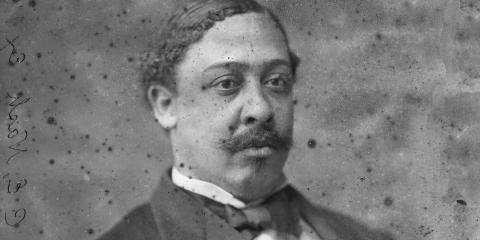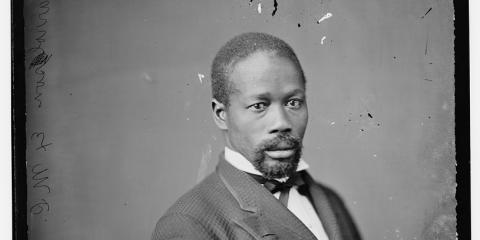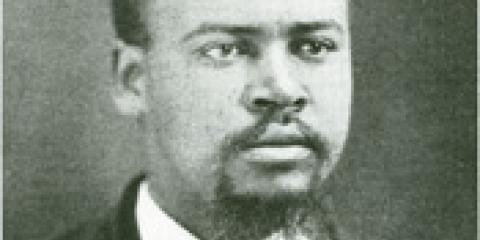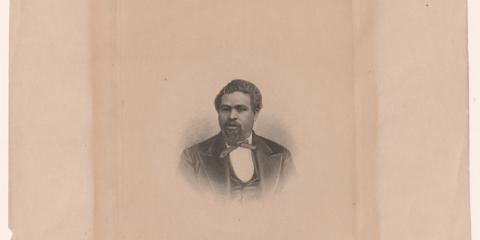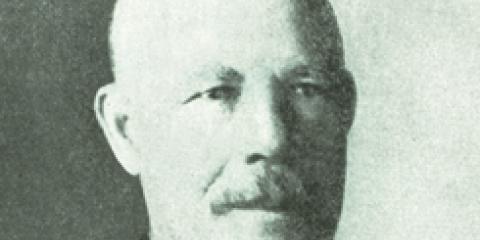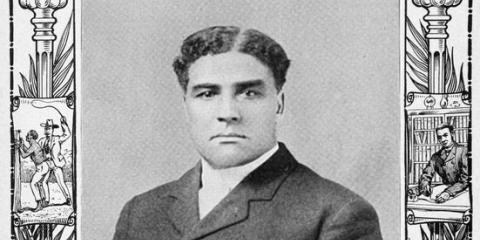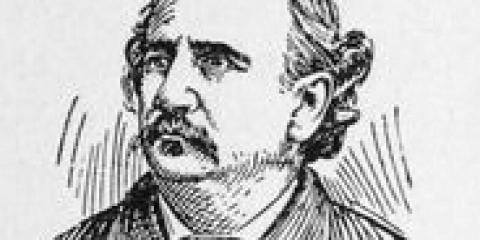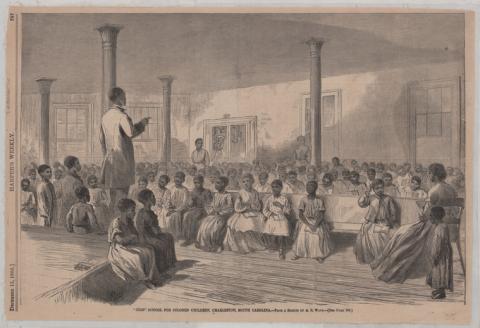I remember my dad in this moment. He used to wake me up every morning at dawn. It was morning, but it was still dark. It’s dark right now, but morning comes, and scripture tells us that weeping may endure for the night, but joy comes in the morning. Let us rise up, greet the morning and meet the challenges of this moment. Together we can do the necessary work and win the future for all of our children. Thank you, God bless you Georgia, and God bless these United States of America.
From Senator-Elect Raphael Warnock's video address to supporters on Election Night, January 6, 2021 at 12:32 am (speech starts at 3:38 in the video).
On January 6, 2021 Reverend Raphael Warnock became Georgia’s first African American senator. Ever. His historic victory inspired this exploration of early Black politicians who also ascended to extraordinary heights within the American political system. The 22 men featured in this exhibition shared a love for their people and the will to push their country to do and be better. More than half were born into slavery but all deeply impacted by the institution; these Black men made it all the way to the United States Congress and used their grit and character to crusade for civil rights, economic opportunities and free education for all, until white supremacy stopped them.
African American participation in electoral politics began in earnest after the Civil War and the end of slavery, when nearly four million Black men, women and children were emancipated. In 1870, the first African Americans were elected to the U.S. Congress: Senator Hiram Revels of Mississippi and Representative Joseph Rainey of South Carolina. Over the next 28 years, 20 more Black men, all Republicans, would be elected to Congress. All overcame incredible odds and demonstrated tremendous courage in their fight to guarantee civil rights for Black people and all Americans.
Black Congressmen secured their biggest accomplishment during the Reconstruction era--the Civil Rights Act of 1875. This legislation attempted to ensure that all U.S. citizens, regardless of race, could use public accommodations. But, as the age of Reconstruction ended and the era known as “Jim Crow'' began, many of the advances made by these brave Black politicians were undone. Starting in 1877, laws were passed in many U.S. states, primarily in the South, designed to segregate and disenfranchise African Americans . By 1883, Reconstruction was over and the Supreme Court declared the 1875 Civil Rights Act unconstitutional. As the 19th century ended, there were fewer and fewer Black members of Congress. By 1902, there were none.
On January 6, Raphael Warnock made history. He joins a lineage of Black politicians who did what many thought impossible. Explore this exhibition and meet the men who paved his and many others’ way.
Curated by Maira Liriano, Associate Chief Librarian, Jean Blackwell Huston Research and Reference Division, Schomburg Center for Research in Black Culture
NYPL Digital Collections Image Credit: The Bright and Morning Star: Its Rise and Fall During the Era of Reconstruction.
NYPL Digital Collections Image Credit: The Fifteenth Amendment: Celebrated May 19th, 1870.

